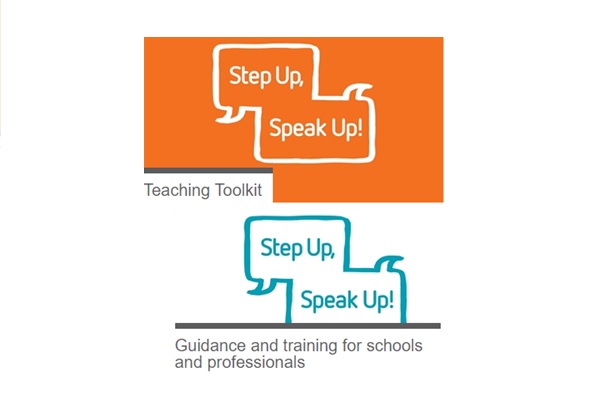“Step up, Speak up”: deShame project launches resources for schools to tackle online sexual harassment
Published:
On 11 April 2019, deShame project partners Childnet International (UK), Save the Children (Denmark), Hek Vonal (Hungary) and the University of Central Lancashire (UK), as well as their youth advisory boards, launched their “Step up, Speak up” resources for schools with a view to tackling online sexual harassment, as part of a fruitful two-year-long collaboration.
Based on the findings of qualitative and quantitative research on young people’s experiences of online sexual harassment in the UK, Denmark and Hungary, two key resources, a teacher tool kit and guidance for schools, have been created calling on young people to step up and speak up, which are both accessible on the project’s website. The teacher tool kit includes several practical activities and materials to be implemented and used in class, such as lesson plans on ways to recognise, respond to and report online sexual harassment, an assembly presentation, a peer-led workshop, films, posters, pledges and an interactive quiz. Likewise, the guidance for schools includes informative and highly useful documents for schools such as advice on how to understand, prevent and respond to online sexual harassment, a moving-forward plan to support young people with harmful sexual behavior online, as well as staff training webinars.
ETUCE has been closely monitoring gender-based violence in education systems across Europe, as part of its “Empowering education trade unions to address gender equality in the teaching profession through social dialogue” project, and welcomes such a hands-on approach to combating this increasingly problematic issue. ETUCE recalls that schools need appropriate infrastructure, technical teaching assistants and adequate public funding to promote the responsible use of ICT which fosters inclusion in education and provides students with knowledge and values to engage positively and critically with digital tools.
For further reading, the full deShame research report can be accessed here.